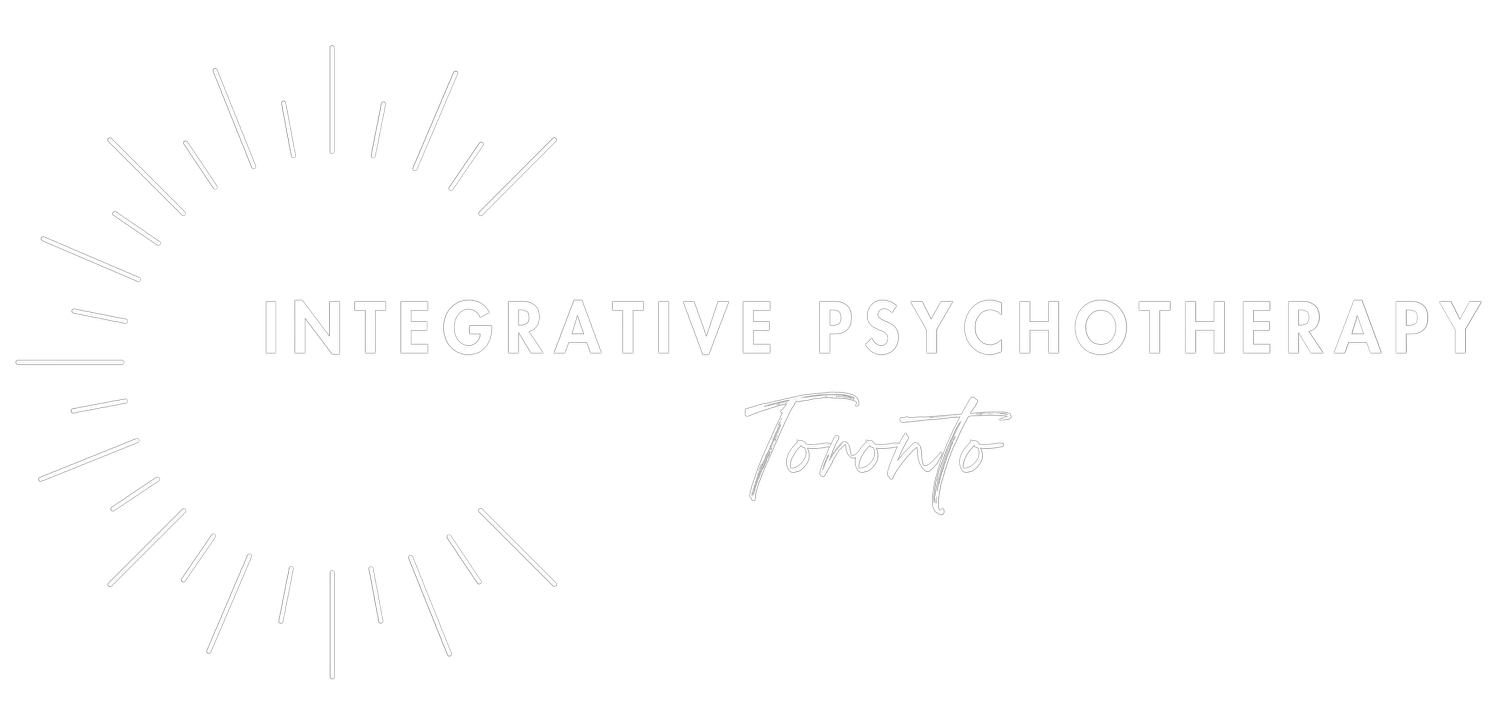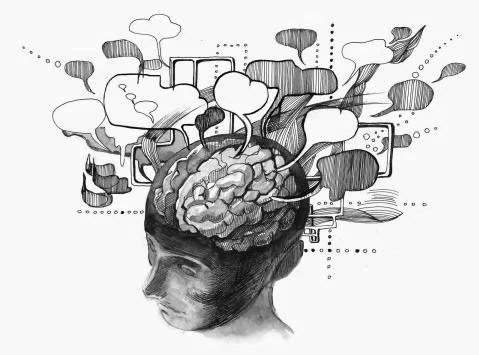The human mind is a complex labyrinth of thoughts, memories, and emotions. It's a treasure trove of experiences and stories that shape our lives. But what happens when the dark shadows of trauma cast their long-lasting effects on our minds? The scars of Post-Traumatic Stress Disorder (PTSD) are not visible on the surface, but they can run deep, inflicting a negative impact on the person. As a Naturopathic Doctor and Registered Psychotherapist, Dr. Krystina Patton, ND, RP understands the hidden wounds of PTSD and the importance of a holistic approach to healing. In this blog, we will look into the symptoms of PTSD, its impact, and how individuals can be supported in their journey toward healing from PTSD. So, let's peel back the layers and uncover the truth about PTSD symptoms - the scars you can't see.
What is PTSD?
Post-Traumatic Stress Disorder (PTSD) is a mental health condition that can develop after experiencing or witnessing a traumatic event. Traumatic events can vary widely and may include episodes such as military combat, natural disasters, serious accidents, sexual assault, childhood abuse, or the sudden loss of a loved one. PTSD can affect anyone, regardless of age, gender, or background, and it can significantly impact an individual's mental, emotional, and physical well-being.
According to the Canadian Mental Health Association (CMHA), approximately 9% of Canadians will experience PTSD at some point, with women being twice as likely as men to develop PTSD. When we expand the definition of trauma from simple PTSD to include adverse childhood experiences, relational trauma and developmental trauma, that number jumps to 61%.
Symptoms of PTSD
PTSD symptoms are generally grouped into four types: intrusive memories, avoidance, negative changes in thinking and mood, and changes in physical and emotional reactions. Symptoms can vary over time or vary from person to person.
Intrusive memories
People with PTSD may experience vivid and distressing memories of the traumatic event, often feeling like they are reliving the experience. These flashbacks can occur suddenly and without warning, causing intense emotional distress. These include distressing memories, nightmares, flashbacks, and intense emotional or physical reactions when reminded of the traumatic event.Avoidance symptoms
Individuals with PTSD may avoid places, people, or activities that remind them of the traumatic event. They may also withdraw from social interactions, feeling disconnected from others and isolating themselves as a coping mechanism.Negative changes in mood and cognition
People with PTSD may develop negative beliefs about themselves, others, or the world. They may experience a loss of interest in activities, a sense of hopelessness, or a diminished ability to experience positive emotions.Changes in arousal and reactivity
PTSD can manifest in physical symptoms, such as headaches, gastrointestinal issues, rapid heartbeat, and muscle tension. These physical symptoms can add to the overall distress and discomfort experienced by individuals with PTSD.
The Impact of Invisible Wounds
One of the challenges of PTSD is that the scars are not always visible. Unlike physical injuries that may be immediately apparent, the emotional and mental scars of PTSD can be hidden from others, leading to misunderstandings and misconceptions about the condition. Dr. Krystina Patton emphasizes the importance of recognizing and validating the invisible wounds of PTSD and providing support and understanding to individuals struggling with this condition.
Treatment Approaches for PTSD
Fortunately, there are various treatment approaches available for individuals with PTSD. Dr. Krystina Patton highlights the importance of a holistic approach that addresses the condition's physical and emotional aspects. Some of the treatment approaches that may be effective for PTSD include -
1. Therapy - Therapy, such as Deep Brain Reorienting (DBR) and Mindfulness, can help individuals with PTSD identify and change negative thought patterns and behaviours associated with the condition. Eye Movement Desensitization and Reprocessing (EMDR) is another type of therapy that has successfully treated PTSD by helping individuals process and resolve traumatic memories.
2. Medication - Antidepressants and anti-anxiety medications may be prescribed to help manage the symptoms of PTSD. These medications can help regulate mood, reduce anxiety, and improve sleep.
3. Lifestyle Changes - Incorporating healthy lifestyle changes, such as regular exercise, a balanced diet, and sufficient sleep, can contribute to overall well-being and may help manage the symptoms of PTSD. Relaxation techniques like deep breathing, meditation, and yoga can also help reduce stress and promote relaxation.
4. Support System - Building a solid support system is crucial for individuals with PTSD. This can include close friends, family members, or support groups where individuals can share their experiences and receive understanding and validation. Having a supportive and understanding environment can significantly contribute to the healing process.
5. Naturopathic Medicine - As a Naturopathic Doctor, Dr. Krystina Patton also incorporates naturopathic medicine into her treatment approach for individuals with PTSD. This may include natural supplements, such as adaptogenic herbs, omega-3 fatty acids, and vitamins that support the nervous system and overall mental health. Naturopathic modalities, such as acupuncture, may also be beneficial in managing symptoms of PTSD, including anxiety and sleep disturbances.
6. Self-Care Strategies - Practicing self-care strategies is essential for individuals with PTSD to prioritize their mental, emotional, and physical well-being. This may include engaging in self-soothing activities, setting healthy boundaries, practicing self-compassion, and engaging in activities that bring joy and relaxation.
PTSD is a complex mental health condition that can have profound and long-lasting effects on an individual's well-being. While the scars of PTSD may not be visible on the surface, they can impact every aspect of a person's life. As a Naturopathic Doctor and Registered Psychotherapist, Dr. Krystina Patton understands the importance of a holistic approach to healing from PTSD, addressing the physical, mental, emotional, and spiritual aspects of health.
Combining naturopathic medicine and psychotherapeutic approaches, Dr. Krystina Patton treats both mind and body and supports individuals in their journey toward healing from the invisible scars of PTSD. Book a free consultation with Dr. Patton today!







